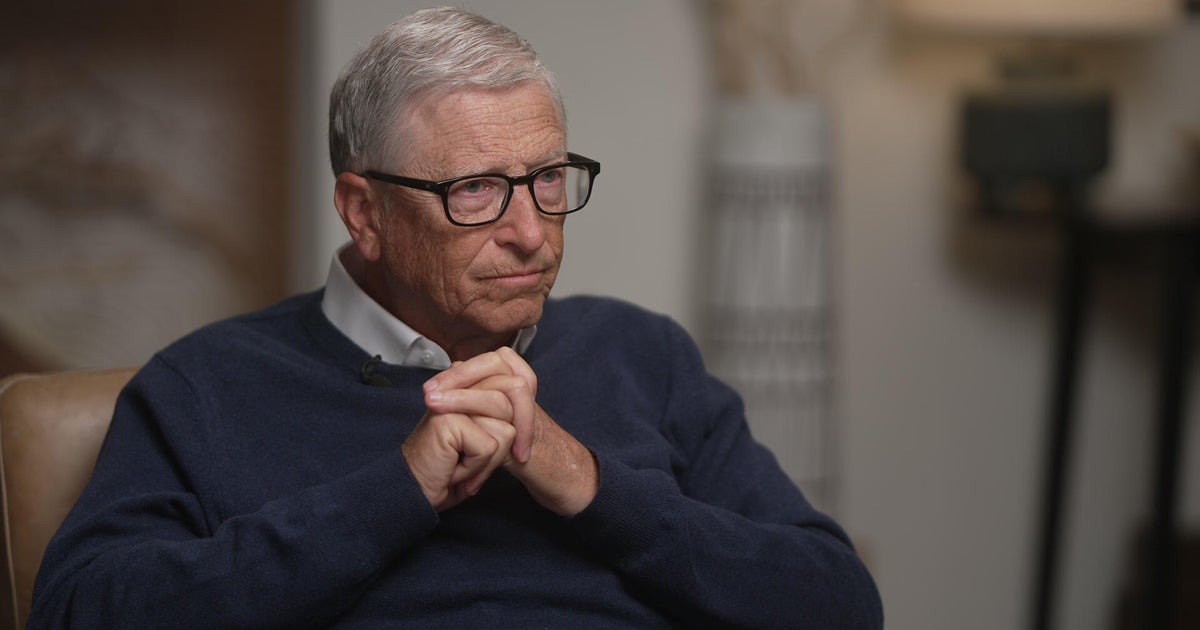In an exclusive interview this week, Microsoft co-founder and philanthropist Bill Gates shared his vision for artificial intelligence (AI), addressed concerns about global aid cuts, and outlined the future of his foundation’s work. Speaking from his Seattle office, Gates emphasized AI’s transformative potential while cautioning against unchecked development, praised bipartisan support for global health, and reaffirmed his commitment to tackling inequality. His insights come at a pivotal moment for technology and geopolitics.
The AI Revolution: Promise and Peril
Gates described AI as “the most consequential technological advance since the internet,” predicting it could accelerate breakthroughs in healthcare, education, and climate science within the next decade. Citing a 2023 McKinsey report, he noted AI could contribute up to $4.4 trillion annually to the global economy by 2030. However, he warned, “Without ethical guardrails, AI risks exacerbating misinformation and job displacement.”
His concerns align with recent controversies:
- Deepfake proliferation: A 2024 Stanford study found AI-generated misinformation increased by 300% since 2022.
- Workforce disruption: The World Economic Forum estimates 85 million jobs may be displaced by 2025, though 97 million new roles could emerge.
Political Headwinds and Global Health
When discussing recent cuts to U.S. foreign aid, Gates acknowledged short-term challenges but remained optimistic. “Global health funding has historically enjoyed bipartisan support,” he said, referencing the PEPFAR program’s success in reducing HIV deaths by 64% in Africa since 2004. Dr. Anita Zaidi, a Gates Foundation grantee, added: “Philanthropy can’t replace government aid, but it can catalyze smarter investments.”
Key statistics underscore the stakes:
- Every $1 invested in vaccine programs yields $44 in economic benefits (WHO, 2023).
- Child mortality has dropped 59% since 1990, partly due to Gates-backed initiatives.
Philanthropy’s Next Chapter
The Bill & Melinda Gates Foundation plans to increase its $8 billion annual budget by 2025, prioritizing:
- AI for global good: Funding tools to diagnose diseases in low-resource clinics.
- Climate adaptation: Drought-resistant crops for sub-Saharan Africa.
- Gender equity: Expanding women’s access to digital finance.
Critics argue philanthropists wield undue influence, but Gates countered: “We partner with governments and listen to communities. Our role is to take risks others can’t.”
Balancing Optimism with Urgency
Gates struck a nuanced tone, blending enthusiasm for innovation with calls for proactive policy. He praised the EU’s AI Act but urged the U.S. to accelerate regulatory frameworks. “The window to shape AI’s trajectory is narrowing,” he said, suggesting Congress convene tech and civil rights leaders to draft legislation by 2025.
What Lies Ahead?
The interview concluded with Gates’ vision for 2030: AI-powered tutors bridging education gaps, climate-resistant crops boosting food security, and polio joining smallpox as eradicated diseases. Yet he stressed these goals require collaboration: “No single sector can solve these challenges alone.”
For readers inspired to engage, the Gates Foundation’s Annual Letter offers actionable insights into supporting global health and technology equity. As geopolitical and technological tides shift, Gates’ roadmap—rooted in pragmatism and hope—may prove indispensable.
See more Business Focus Insider Team

